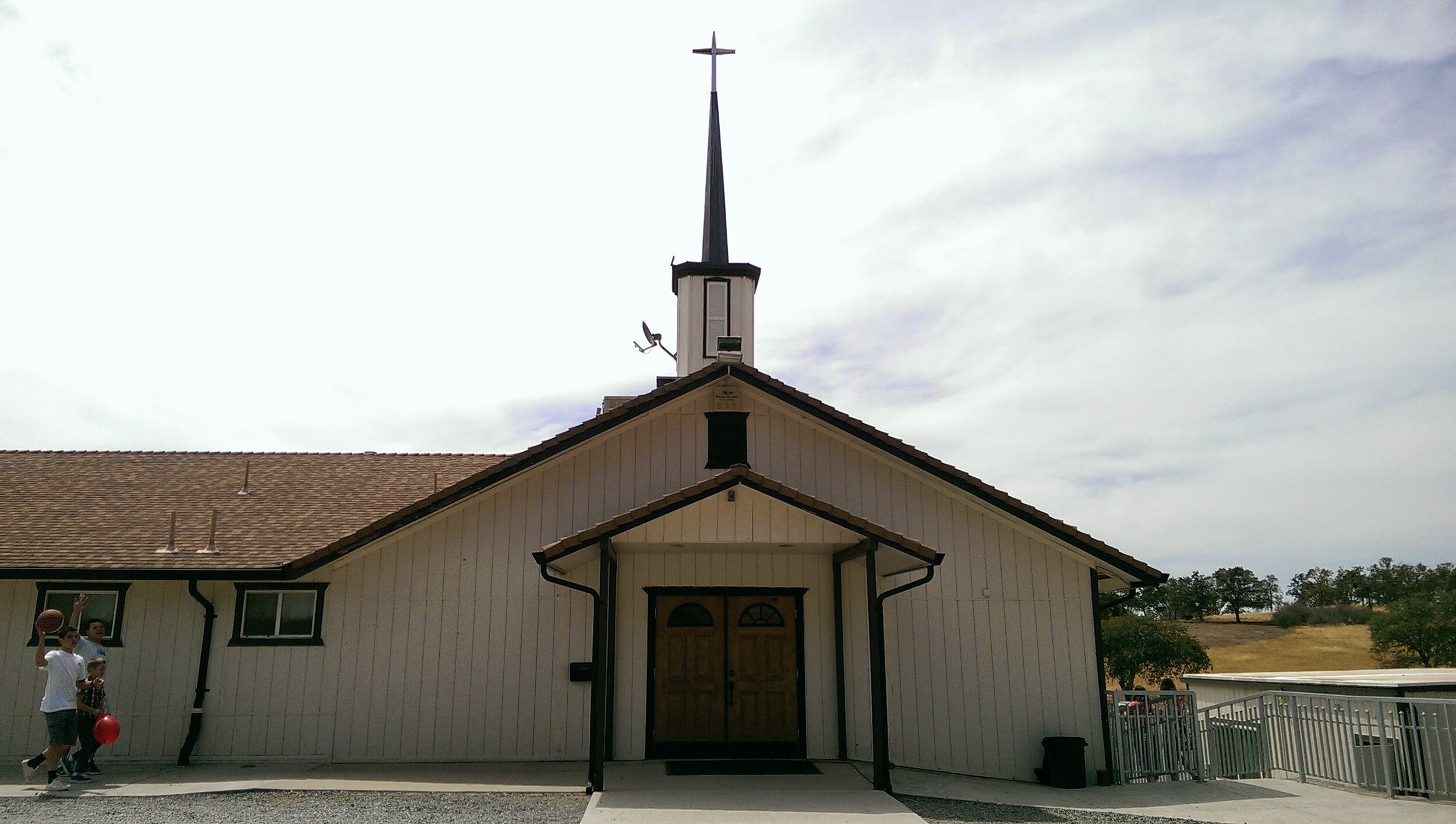Clay Stout, a retired rancher, showed up at our doorstep, “Where do you want me to dump this load of wood?” pointing at his four-wheel drive International truck, idling in the cold winter air in front of our house, its dump-bed stacked with firewood.
We, after finishing college and the birth of our first child, had moved back to Susie’s hometown, rented the over a hundred-year-old Greeley house, which was build long before insulation and sealed windows, and had a constant draft coming through the few retrofitted electrical outlets.
I knew I had to get firewood, so I bought an old Homelite chainsaw, borrowed a truck and got all but a half a load before it gave up the ghost, having to take it in for repairs we really couldn’t afford. On top of it all the promised job never materialized, and so we were both poor and cold. That is when Clay, who somehow had gotten wind of our situation, knocked on our front door.
“What are you doing next Thursday?” Clay asked after dumping the load in our backyard.
“Unless I find a job between now and then, nothing.”
“I’ll be by at six in the morning, we’ll go and cut some more wood,” he let me know. And woodcutting we did, somewhere up in the mountains. He cut, I hauled. Then he showed me how to cut, and he hauled and stacked. We took turns all day until we couldn’t get any more on the truck, dumping the load just as the sun was setting. The next few weeks we made several more runs to feed the hungry potbelly and Wedgewood stove through the winter.
Clay was generous with what he had, his time, his truck and saw, his money to pay for the fuel, his knowhow and skills, his encouragement, and even the lunch his wife Pat had packed for us. Clay wasn’t a rich man, but he was a generous one. His generosity was not rare moments here and there, it was a lifestyle of seeing needs and responding to them with what he had, it was part of his faith in Christ.
Generosity and giving are an intrinsic part of being a follower of Jesus, it is evidence of following in his footsteps, acting in faith on his words, “It is more blessed to give than to receive” Acts 20:35.
God blesses generosity and enables more generosity, “Give, and you will receive. Your gift will return to you in full—pressed down, shaken together to make room for more, running over, and poured into your lap. The amount you give will determine the amount you get back” Luke 6:38 (NLT2).
“The generous will prosper; those who refresh others will themselves be refreshed” Proverbs 11:25 (NLT2).
“You must each decide in your heart how much to give. And don’t give reluctantly or in response to pressure. ‘For God loves a person who gives cheerfully.’ And God will generously provide all you need. Then you will always have everything you need and plenty left over to share with others” 2 Corinthians 9:7-8 (NLT2).
Interestingly, God especially commands the wealthy to be humble and generous, “Command those who are rich in this present world not to be arrogant nor to put their hope in wealth, which is so uncertain, but to put their hope in God, who richly provides us with everything for our enjoyment. Command them to do good, to be rich in good deeds, and to be generous and willing (ready) to share” 1 Timothy 6:17-18 (NIV parenthesis mine).
Finally, there is only way to store up riches in heaven, you have to be generous with what you have here on earth, "Do not store up for yourselves treasures on earth, where moth and rust destroy, and where thieves break in and steal. But store up for yourselves treasures in heaven, where moth and rust do not destroy, and where thieves do not break in and steal. For where your treasure is, there your heart will be also” Matthew 6:19-21 (NIV). Everything we have, money, stuff, time, skills, knowhow, power, influence, … enables us to be generous, to show up on people’s doorsteps, and delight our extravagantly generous God and Lord Jesus Christ.
Have a blessed Christmas.
Love you, Pastor Hans
